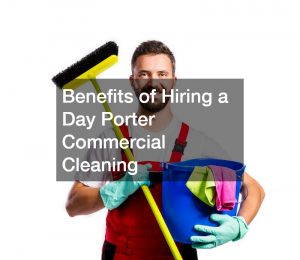

The most important factor to keep in mind when doing metal work or any type of industrial job are properly disposing of your contaminants. Downdraft tables are specifically designed to regulate and filter the different kinds of dust in the air to better encourage a safer breathing environment for workers. If you’re not sure if your work environment is up to par, keep reading — no sanding or grinding workshop is complete without a fume extraction system or a modern dust collector cartridge.
Common Health Hazards
There are multiple health hazards to be aware of when you work in metal shops. Hundreds of workers die of silicosis every year in the United States alone and over 1 million U.S. workers are at risk of developing this debilitating illness. Silicosis is a lung disease that is caused by inhaling dust containing silica (a material similar to quartz and sand), which can cause swelling, breathing problems like asthma and even cancer if not properly diagnosed. Acute silicosis can occur anywhere from a few weeks to a few months after initial exposure to crystalline silica. In order to reduce the risk of inhalation, you need an aluminum dust collector to clear out the air and trap contaminants.
Ventilation Technology
Welding, cutting and brazing are all activities that contain a unique amount of physical and safety risks. Ventilation generally falls into two categories — low-vacuum systems and high-vacuum systems, each with their own particular functions depending on the work. Low-vacuum ventilation systems are to be placed near the area of work to provide regular air flow, while high-vacuum systems can be used for larger rooms. An aluminum dust collector should be routinely checked and cleaned in order to insure the air is properly filtered each time it’s used.
Safety Regulations
The CSB (U.S. Chemical Safety and Hazard Investigation Board) identified over 200 dust incidents between 1980 and 2005, many of which lead to the death and injury of workers across the country. Work-related accidents need to be reported to local regulation services in order to determine degree of risk to workers, with a 30 day window after the event. If you’re unsure whether or not your work environment meets these standards, call in a local professional today — checking your workshop will go a long way in ensuring you and your co-workers or employees are safe.





